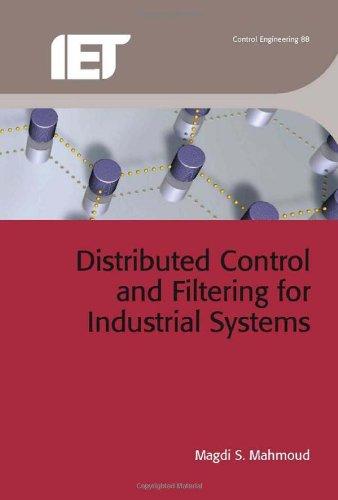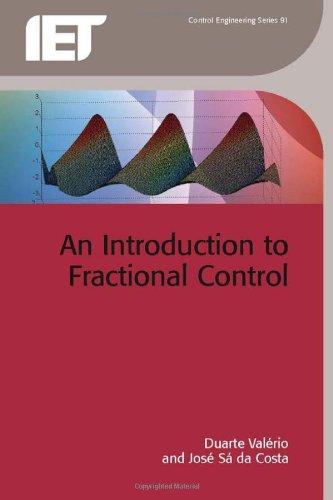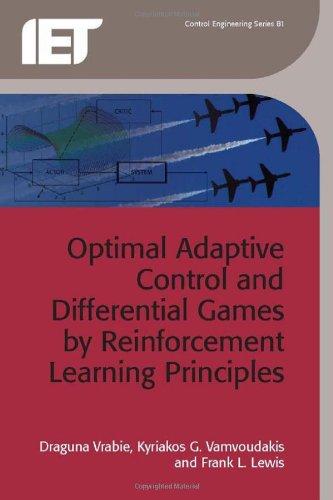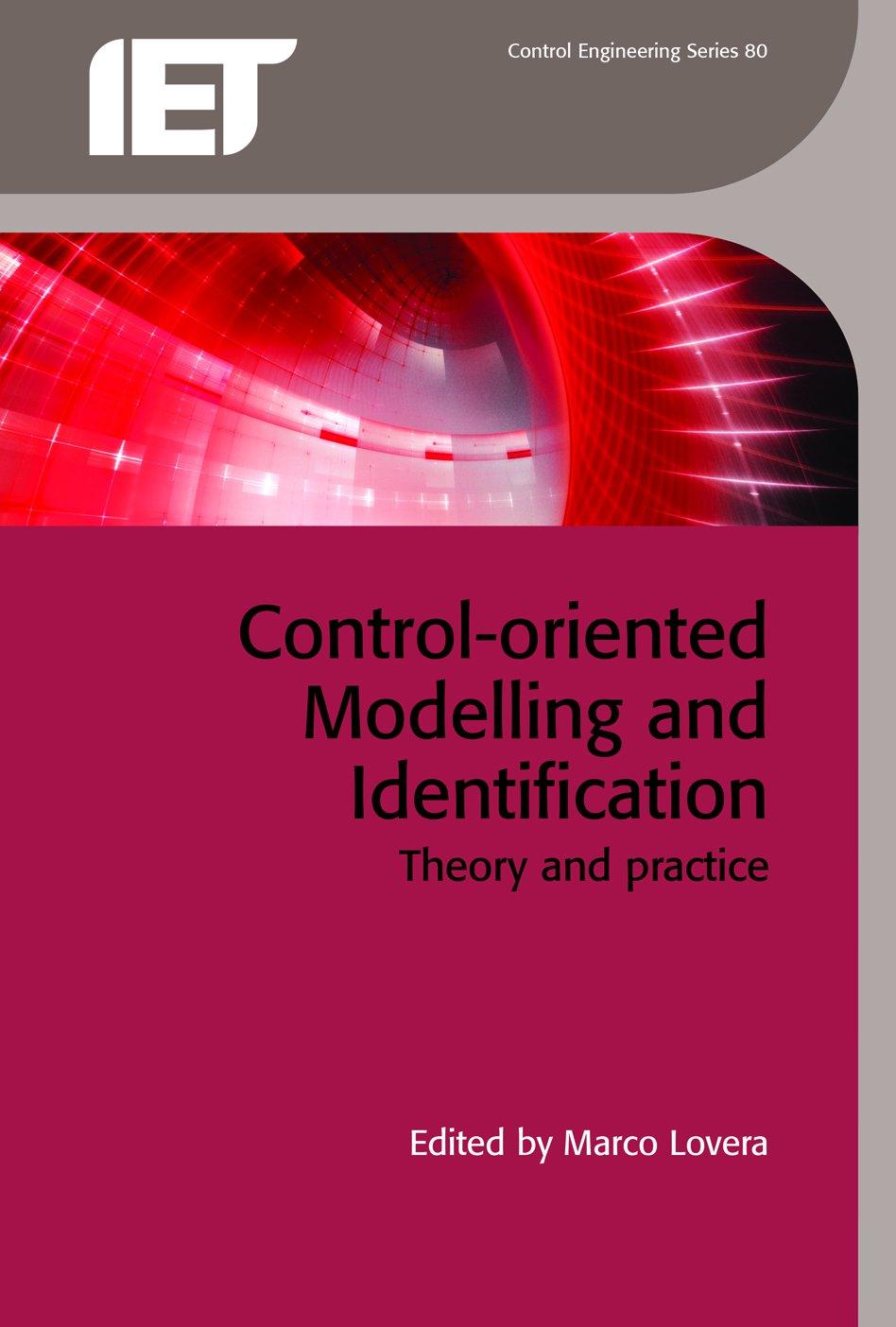Engineering & Materials Science , Robotics
Distributed Control and Filtering for Industrial Systems
Description In recent years technological advancements in the design and fabrication of integrated circuits have led to the development of cost effective, low power, thumb-size devices that can be used for sensing/actuating, communication and computing. This trend is enabling a surge of new applications for which pervasive network architectures are being developed. A key feature of these systems is that they are decentralized and communication among different subsystems may be unreliable. From an engineering viewpoint, to ensure correct operation, the theoretical analysis requires a fundamental paradigm shift, as many of the typical assumptions of systems and control theory cease to hold. Distributed Control and Filtering for Industrial Systems provides an introduction to the control and filtering algorithms devised for distributed environments, with a particular emphasis on industrial applications. Topics covered include control architectures for interconnected systems, recent developments in distributed model predictive control for interconnected networked systems, methods for designing distributed linear quadratic controllers for various classes of systems, designing distributed dynamic output-feedback controllers, characterization of distributed consensus control methods, distributed estimation techniques, distributed Kalman filtering methods, experimental setups and simulation of pilot-scale industrial processes.
- Mahmoud, Magdi S.
- Institution of Engineering and Technology
- 2013
- 488
- Hardback
- 9781849196079
Поткатегории











